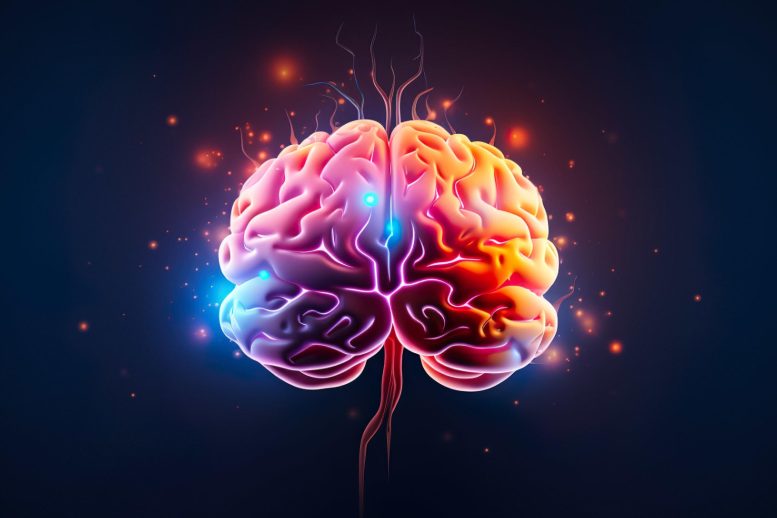
Neuroscientists have discovered that life adversities can permanently alter brain functioning, with certain brain reactions being linked to anxiety symptoms, potentially predicting psychiatric disorders. Their research on 170 individuals, using AI-assisted brain scans, highlights connections between life adversities and stable brain patterns.
An aberrant reaction to challenges can increase the risk of psychiatric disorders.
Neuroscientists from Radboudumc have demonstrated that adversities can cause lasting alterations in brain function. Moreover, when the brain responds abnormally to adversities, it is linked to symptoms of anxiety. This could potentially help in predicting the onset of psychiatric conditions.
Your experiences can mold your brain. While this may seem intuitive, is it something we can truly quantify? And what implications might this have? Neuroscientists from Radboud university medical center delved into understanding how life’s challenges affect brain patterns. Their findings suggest intriguing links that could potentially forecast the onset of psychiatric disorders.
Special group
The researchers conducted their study on approximately 170 people. A special group, because all kinds of data have been collected from them during their lifetime. For this study, the scientists specifically focused on adversities: factors or events that are known to have a negative effect on development. Consider, for example, the mother’s smoking during pregnancy, complications during childbirth, abuse, or a major accident.
In addition to this data, the researchers determined the brain structure of these people with scans. They did so at both 25 and 33 years of age. Artificial intelligence was then used to find connections between adversities and patterns in the brain. ‘They came out very clearly’, says researcher Nathalie Holz. ‘And these relationships are very stable. We found them at both ages. With our results, we can now predict how the brain reacts to adversities.’
Anxiety complaints
‘I find it very special that we can still trace the influence of events that sometimes took place 25 years ago in the brain’, says research leader André Marquand. ‘And perhaps more importantly, it may help us predict who is more likely to develop psychiatric disorders.’
Marquand explains how this works: ‘We have uncovered how the brain normally reacts to adversities. Therefore, we can also determine when that reaction is abnormal. And we found that such a deviating pattern was related to anxiety symptoms.’ These kinds of complaints play a central role in many psychiatric disorders.
The scientists expect that their findings can ultimately contribute to the earlier detection of psychiatric disorders. This allows healthcare providers to treat patients earlier and more effectively. But more research is needed before that becomes a reality. For example, the researchers are now applying their method to a group of patients with these disorders. This will show how great the predictive value is.
Reference: “A stable and replicable neural signature of lifespan adversity in the adult brain” by Nathalie E. Holz, Mariam Zabihi, Seyed Mostafa Kia, Maximillian Monninger, Pascal-M. Aggensteiner, Sebastian Siehl, Dorothea L. Floris, Arun L. W. Bokde, Sylvane Desrivières, Herta Flor, Antoine Grigis, Hugh Garavan, Penny Gowland, Andreas Heinz, Rüdiger Brühl, Jean-Luc Martinot, Marie-Laure Paillère Martinot, Dimitri Papadopoulos Orfanos, Tomáš Paus, Luise Poustka, Juliane H. Fröhner, Michael N. Smolka, Nilakshi Vaidya, Henrik Walter, Robert Whelan, Gunter Schumann, Andreas Meyer-Lindenberg, Daniel Brandeis, Jan K. Buitelaar, Frauke Nees, Christian Beckmann, IMAGEN Consortium, Tobias Banaschewski and Andre F. Marquand, 21 August 2023, Nature Neuroscience.
DOI: 10.1038/s41593-023-01410-8

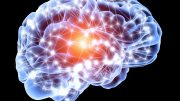


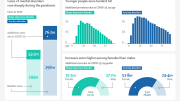
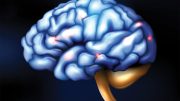


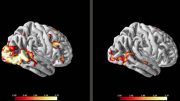
Be the first to comment on "Scientists Discover That Adversities Can Permanently Change Our Brains"